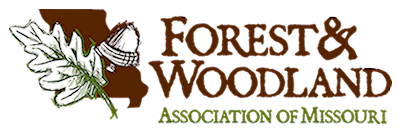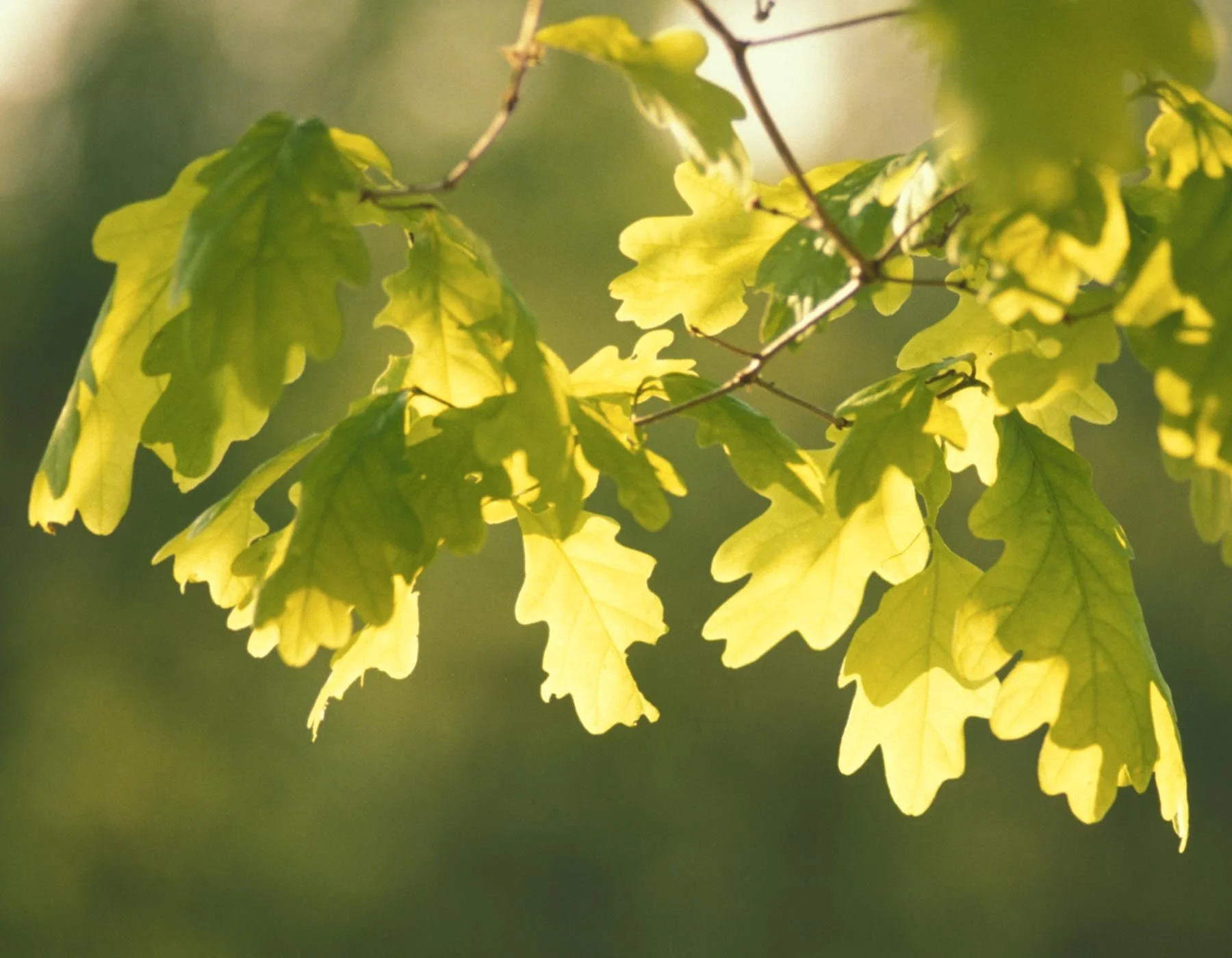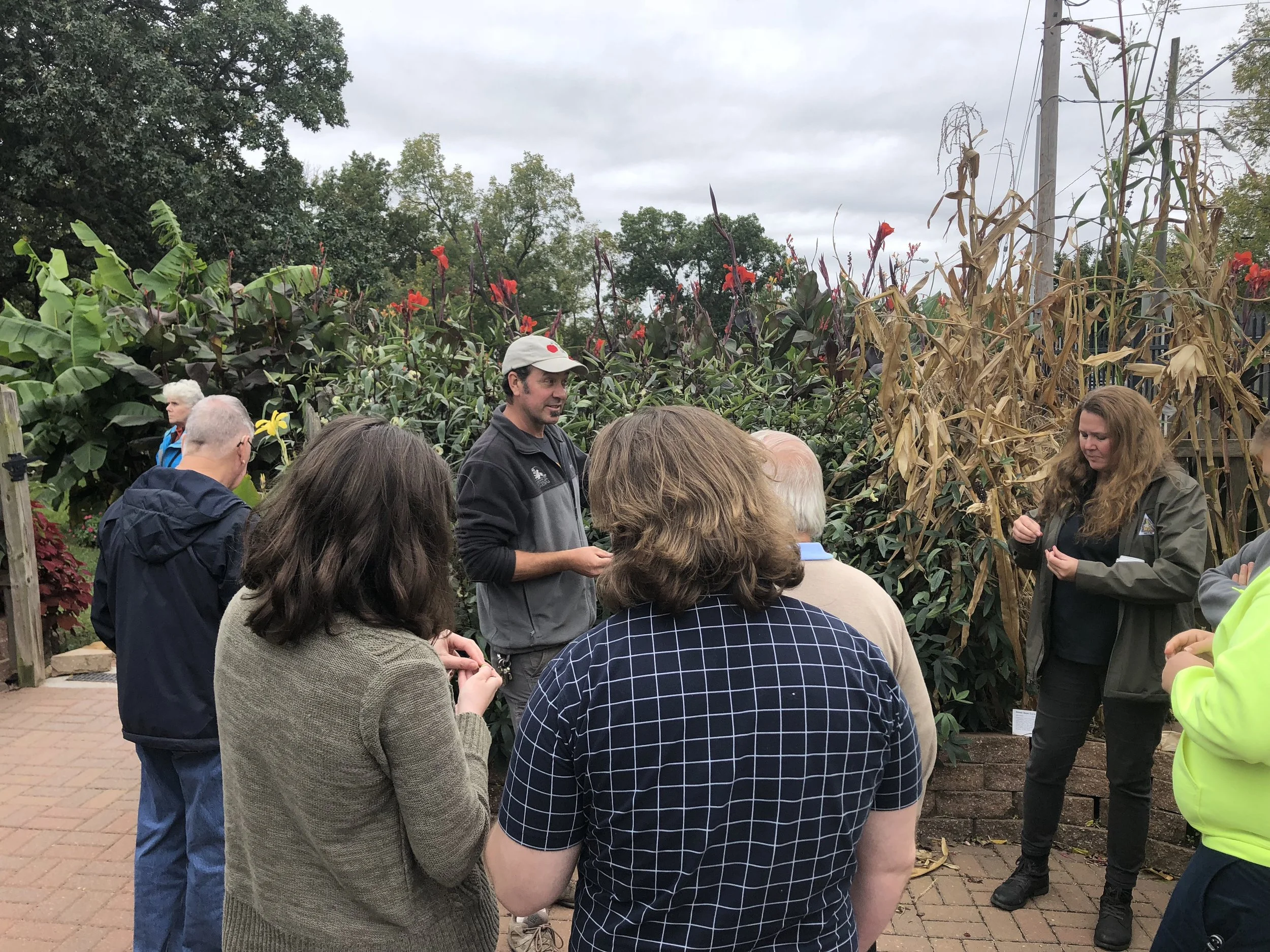2022 Conference
Save the date for the annual Forestkeepers Summit in Columbia on Saturday, August 27th from 9:00 am - 3:00 pm. Join us as we discuss the ways in which white oak supports our local forests and economies.
The event features a workshop on the identification of quercus alba, common health issues, and the role they play in wildlife and forest dynamics. A guest lecture from the White Oak Initiative will talk about the economic and social benefits of white oak. We’ll top off the day with a field trip to learn about white oak’s use in aging spirits and whiskey production and presentation of the Annual Forestkeeper awards.
Schedule:
9:00 am - Meet at Finger Lakes State Park
9:30 am - Bus departs for Hungry Mother Park
10:00 am - Walking tree observation
11:00 am - Bus departs
11:30 am - Tour oaks in cooperage
12:30 pm - Awards, lunch, and educational program
3:00 pm - Return to Finger Lakes State Park
RSVP for this free event now!
2021 Conference
On October 8th, 2021, the Forestkeepers met at Klondike Park in St. Charles County. The group toured Klondike Park and a recent reforestation project along the Katy Trail. A planting workshop was hosted to plant more trees in the area.
2020 Conference
The 2020 Conference was held on October 14 at Pioneer Forest in the Missouri Ozarks. Pioneer Forest is dominated by oak, hickory and pine. Their conservative uneven-aged forest management method, known as single-tree selection harvesting, has been used for more than half a century. The long use and research of this method strongly indicates it as a sustainable forest management practice.
2019 Conference
Forestkeepers will have a chance to tour Naeger Forest Products, a logging company and wood mill. Come learn about timber sales, see the equipment in action, and talk to Professional Timber Harvester trained loggers.
2018 Conference
Forestkeepers toured the Giving Grove, a nonprofit in Kansas City dedicated to improving local food security and strengthening communities by bringing together the resources to develop edible tree gardens.






